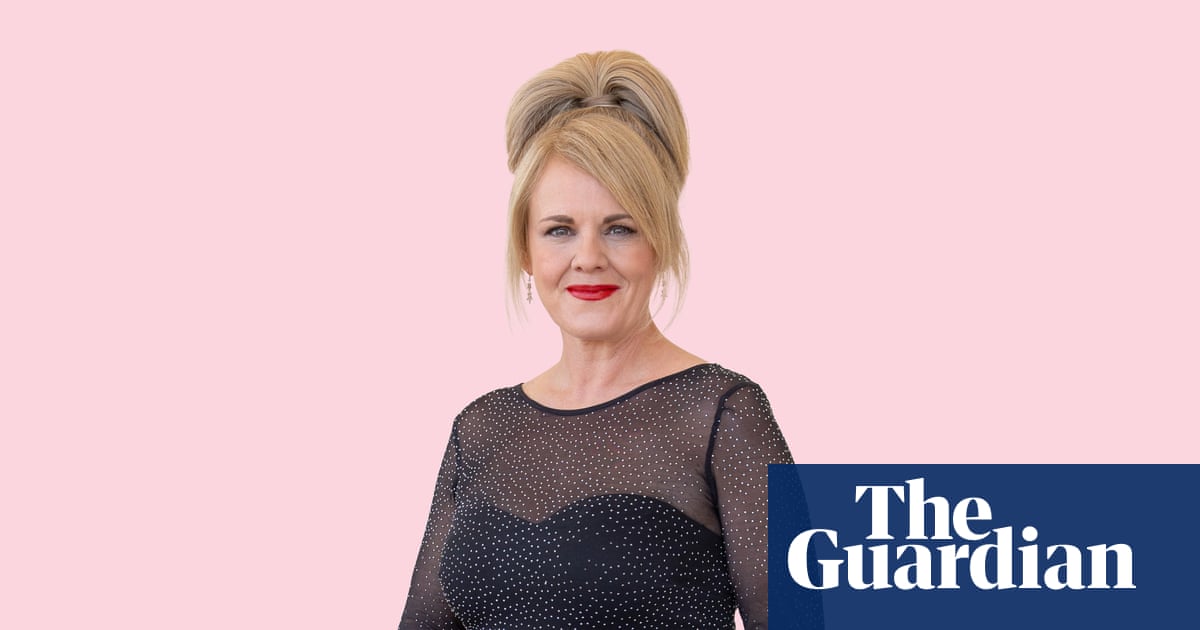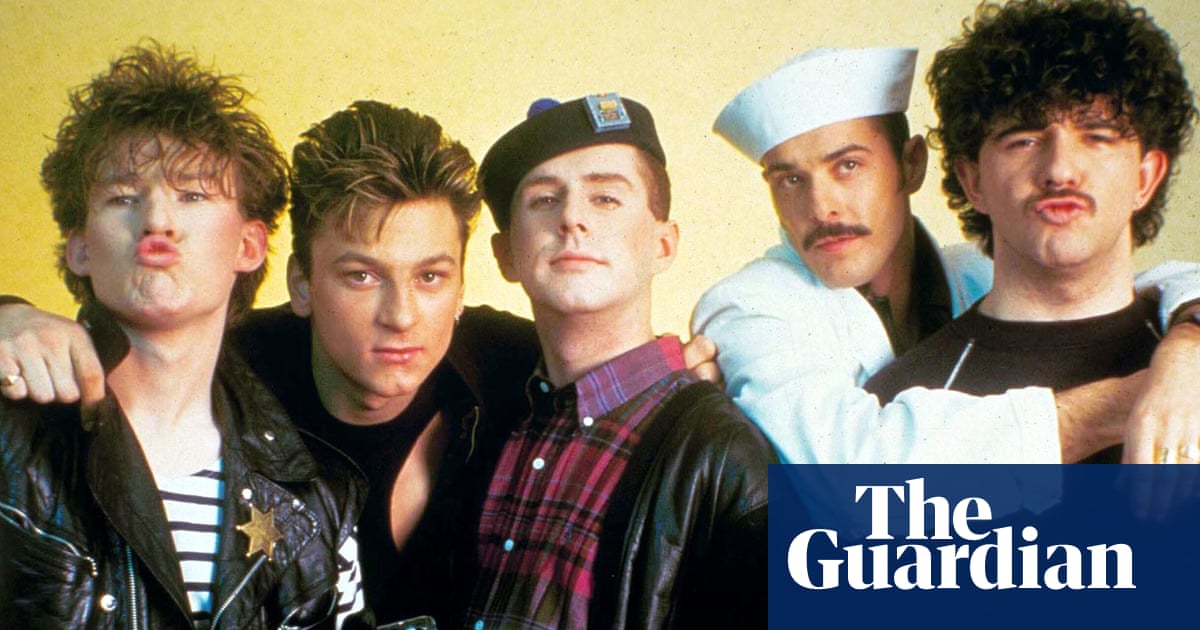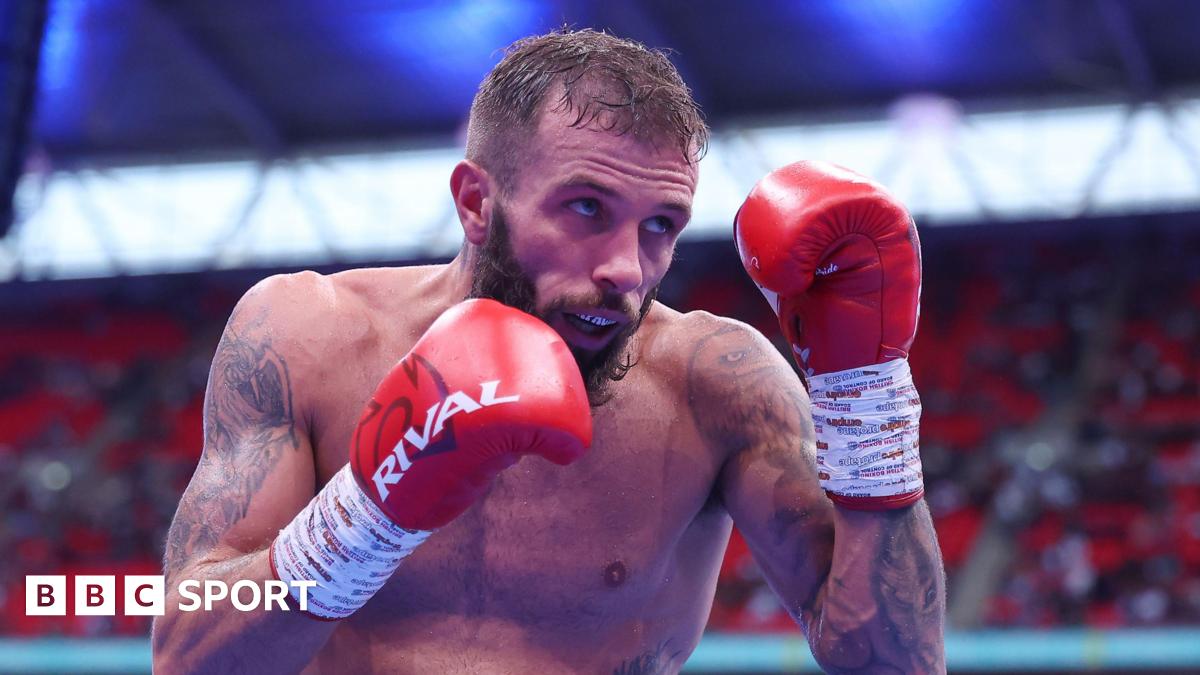You need a break. It is very important, from time to time, to take a break from your partner, from your work, from your children, from your exercise, from your screens, from alcohol and drugs and therapy and podcasts and crisps. We need time and space to rest; this is a crucial part of a better life. This much is obvious.
But we need to take breaks for less obvious reasons too.
As any patient of psychodynamic psychotherapy or psychoanalysis knows, come July, therapists are banging on about their August break. You tell them a dream about losing your child in the supermarket; they interpret this as you feeling like a lost child because of the break. You talk about feeling angry at a friend who cancelled plans; they suggest you are feeling angry and abandoned because of the break. It’s outrageous and ridiculous – and most of the time, in my experience, absolutely true.
I know this because I have fought off many of these kinds of interpretations over the years as a patient – and I still do sometimes. And I always try to understand the unconscious impact of my break as a therapist on my patients; because I know it cuts deep. Feeling left, excluded, disappointed, unwanted – nobody wants these emotions, but if you want to build a better life, you need to feel them, so they can find a home in your mind. Otherwise, this unwanted part of you ends up feeling abandoned and excluded twice over, and the emotions get locked down and stuck instead of understood and felt. When therapy is unboundaried and without breaks, the patient is robbed of this opportunity to grow.
The break is part of the treatment. Deeper change is made possible by the therapist’s absence and the patient’s survival of it. It hurts – but at least we don’t have to pay for that part.
This is true of all relationships in life: separation is a prerequisite to growth. This came alive for me when I took my daughter to nursery for the first time. The pain and anxiety of leaving her felt almost unbearable for both of us – and that “almost” is important. Actually, it was bearable, after a settling-in period in which she could begin to feel safe in the nursery in my presence, and grow the capacity to tolerate my absence for longer and longer periods. Thanks to her keyworker’s sensitivity, understanding, care and hugs (for both of us), it was difficult and painful, but not a trauma. And, over time, my daughter has thrived in her sense of separateness, in having grown through a difficult experience, and in learning new things without me. In beginning to build her own life.
For both our sakes, I had to let her go and learn to take breaks. Not only because I needed to rest. I also had to understand something about myself, which I think lies at the heart of a struggle that many of us experience. We don’t want to believe the fact that we are not indispensable, that our loved ones can survive without us, that they can manage. The conviction of the necessity of our constant availability is so compelling, we don’t believe life can go on when we aren’t there. And that makes sense; that’s how it often is at the beginning. As the psychoanalyst Donald Winnicott said: “There is no such thing as a baby” – meaning, the baby simply cannot exist in the absence of maternal care (not only, but usually, provided by the mother).
But as time goes on, and as babies grow up, separation has to become possible, and a child has to come to exist in the absence of the mother. And the same is true of friendships and romantic relationships. Nothing kills a friendship or sex life like long-term and unflinching dependence on one another with no time apart.
For some, there are practicalities that make a break impossible. Parents and carers with children with disabilities who need additional care, for example, can struggle to secure the right kind of support that might make it possible for them to take a break of any kind. But the absolute necessity of these breaks is recognised in law (by the Children Act 1989 and the Breaks for Carers of Disabled Children Regulations 2011). So while I do understand that of course there may be external reasons why someone may not be able to take a break, that may make it even more important to find a way to do so.
External reasons are probably not the only thing stopping us. The belief in the necessity of our constant presence protects us, unconsciously, from our awareness of our own limitations, of our vulnerabilities and needs. It protects us from the experience I had recently, of putting my daughter to bed earlier than usual and thinking, “What am I going to do with myself now?” and not knowing the answer. It can protect us from an empty feeling of not knowing ourselves, that we’ve been unconsciously filling up with all sorts of obligations and duties, which take us further away from what we truly need.
So sometimes, in the interests of building a better life for you and your loved ones, taking a break really is the most important work you can do.
That’s my story, and I’m sticking with it. See you in September!
Moya Sarner is an NHS psychotherapist and the author of When I Grow Up – Conversations With Adults in Search of Adulthood
Do you have an opinion on the issues raised in this article? If you would like to submit a response of up to 300 words by email to be considered for publication in our letters section, please click here.

 4 months ago
59
4 months ago
59








 English (US) ·
English (US) ·